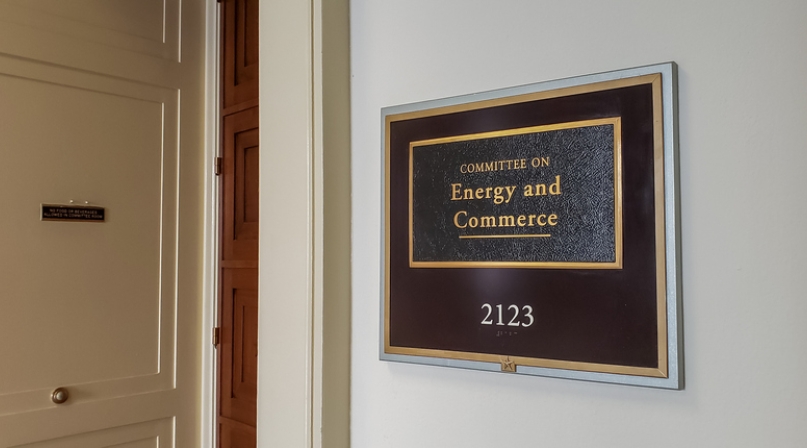House Energy and Commerce Committee advances mental health bills; addresses MIEP for juveniles
Author

Blaire Bryant
Upcoming Events
Related News

Key Takeaways
On May 18, the U.S. House Energy and Commerce Committee advanced six bipartisan bills out of committee. Two of the six bills would support key mental health programs for counties: the Restoring Hope for Mental Health and Well-Being Act of 2022 (H.R. 7666) and the Keeping Incarceration Discharges Streamlined for Children and Accommodating Resources in Education Act (KIDS CARES Act) (H.R. 7233).
If enacted, H.R. 7666 would reauthorize over 30 key programs under the Health Resources and Services (HRSA) and the Substance Abuse and Mental Health Services Administration (SAMHSA) that are due to expire at the end of Fiscal Year 2022 on October 1, 2022. Key provisions in the bill include:
- Reauthorization of SAMHSA’s Community Mental Health Services (CMHS) and the Substance Use Prevention, Treatment and Recovery Services Block grant programs, including a new requirement that 5 percent of funds in the CMHS block grant be allocated toward crisis care services
- Reauthorization of HRSA’s Screening and Treatment for Maternal Mental Health and Substance Use Disorder grant program and the establishment of a maternal mental health hotline
- Elimination of the requirement that an individual be addicted to opioids for at least one year prior to being admitted for treatment by an opioid treatment program
Other key highlights include:
- $10 million in grants to states for the implementation of mental health and substance use disorder service parity.
- The elimination of federal approval requirements for the administration of certain medication assisted treatment.
- Grants to local entities to develop, expand, and enhance access to peer-delivered mental health services.
Additionally, H.R. 7233 – which was passed with unanimous support – would require state Medicaid agencies to cover mental health screenings for justice-involved youth. Most notably, a bipartisan amendment to the bill would advance a key priority for counties through the removal of the Medicaid inmate exclusion policy (MIEP) for juveniles pending disposition of charges. This provision supports a long-standing county policy priority to amend the MIEP for pre-trial detainees, given the detrimental impact of this policy on access to health services and behavioral health treatment.
As key administrators of local behavioral health services, counties applauded the introduction of the H.R. 7666. In response to the package, NACo sent a letter to committee leadership outlining additional measures for improving the provision of behavioral health services in counties. We will continue to work collaboratively with congressional policy makers to advance these and other policies that will improve and increase access to mental and behavioral health services for county residents.
Click here to view the full list of bills and amendments considered. The bill now moves to the full House for a floor vote in the coming weeks.
Additional Resources
Resource
Medicaid Inmate Exclusion Policy (MIEP) Advocacy Toolkit

Related News

Drug tracking software helps counties identify trends, save lives
Florida counties are using an artificial intelligence tool called Drug TRAC to track and report drug trends, with the aim of providing quicker outreach and saving lives.

White House Executive Order establishes national substance use disorder response
On January 29, the White House issued an Executive Order (EO) establishing the Great American Recovery Initiative, a new federal effort aimed at coordinating a national response to substance use disorder (SUD).

USDA and HHS release new dietary guidelines
On January 7, U.S. Department of Agriculture Secretary Brooke Rollins and U.S. Department of Health and Human Services Secretary Robert F. Kennedy, Jr. unveiled the new Dietary Guidelines for Americans, 2025–2030.